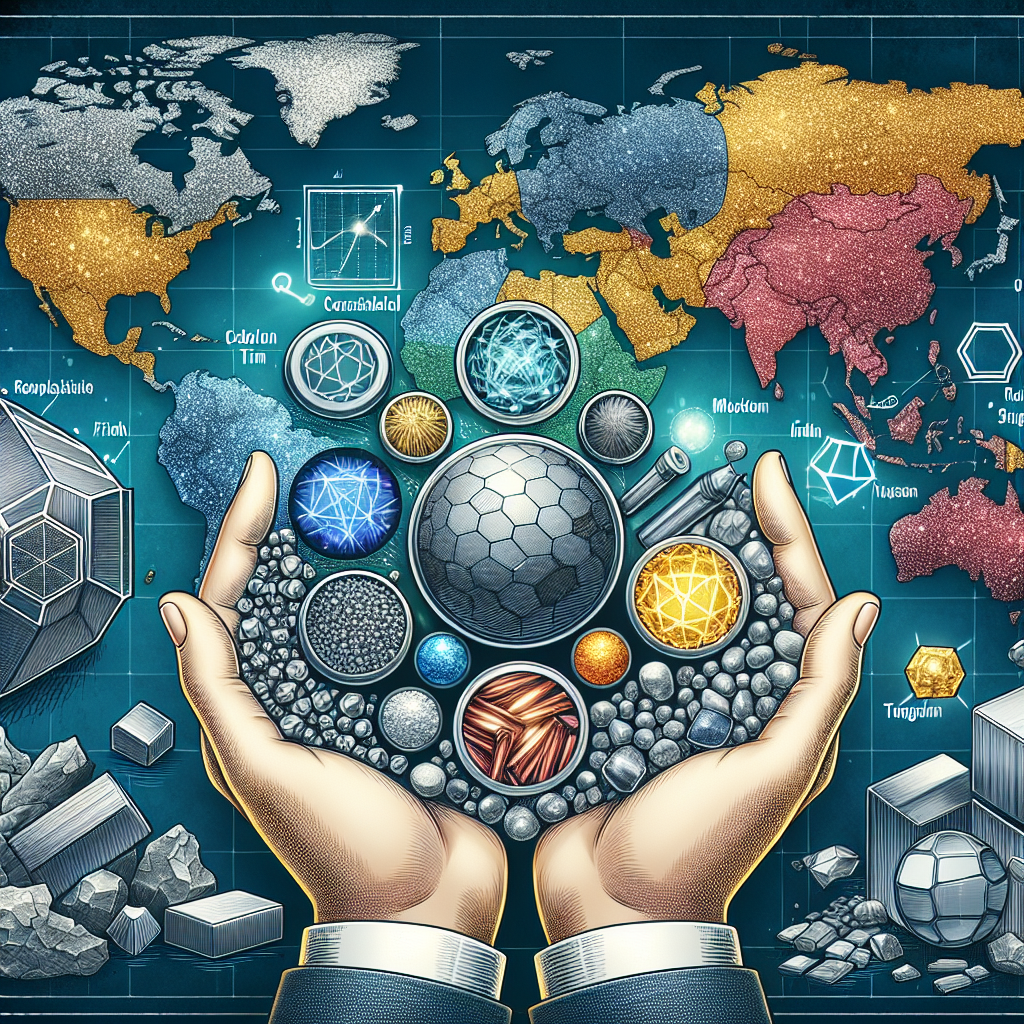EU's Strategic Shift: Boosting Raw Material Independence for Energy Security
The European Commission has unveiled 47 strategic projects to enhance the EU's production of critical raw materials. Under the Critical Raw Material Act, the projects aim to support EU energy security by diversifying sources of essential materials like lithium and rare earths, reducing dependence on external suppliers.

The European Commission has taken a decisive step to bolster the EU's production of critical raw materials crucial for its energy transition and security. On Tuesday, a list of 47 strategic projects was published, targeting the production of 14 out of 17 key materials, such as aluminium, copper, and lithium.
This initiative is part of the Critical Raw Material Act's implementation, aiming to mine 10%, process 40%, and recycle 25% of these materials by 2030. The projects span 13 EU member states, including Germany and France, focusing on extraction, processing, and recycling to reduce reliance on external sources. With lessons learned from the COVID crisis and the Ukraine war, the EU seeks to avoid over-dependence on single-source suppliers.
The EU's venture is strategic, addressing supply chain vulnerabilities highlighted by Commissioner Stephane Sejourne. With China dominating the extraction and processing of several key materials, the EU's projects aim to secure resources for industries, including defence and energy. The streamlined permitting process and potential financing support are designed to overcome development hurdles.
(With inputs from agencies.)
ALSO READ
FTSE 100's Resilient Rally: Mining and Defense Stocks Lead the Charge
Chilean Comptroller Launches Audit on Codelco-SQM Lithium Deal
Elephant Sieges Halt Night Mining in Jharkhand
Stalin Accuses Centre of Undermining Rural Livelihoods in Tamil Nadu
Unlocking Jammu & Kashmir: Mining Wealth and Future Strategies










